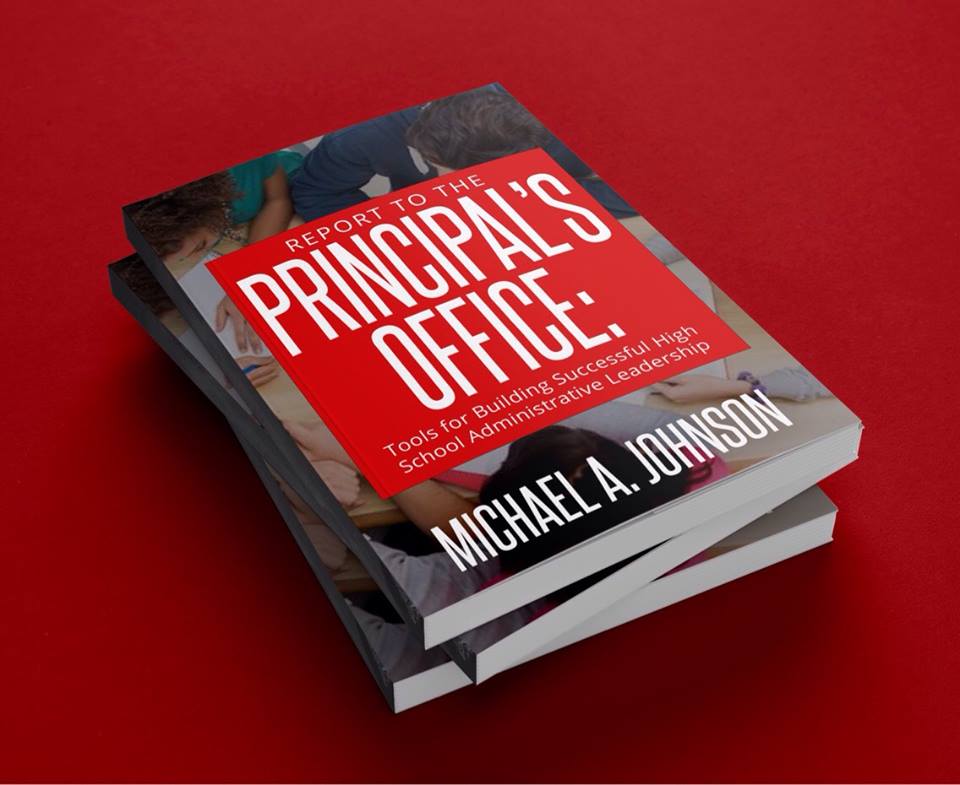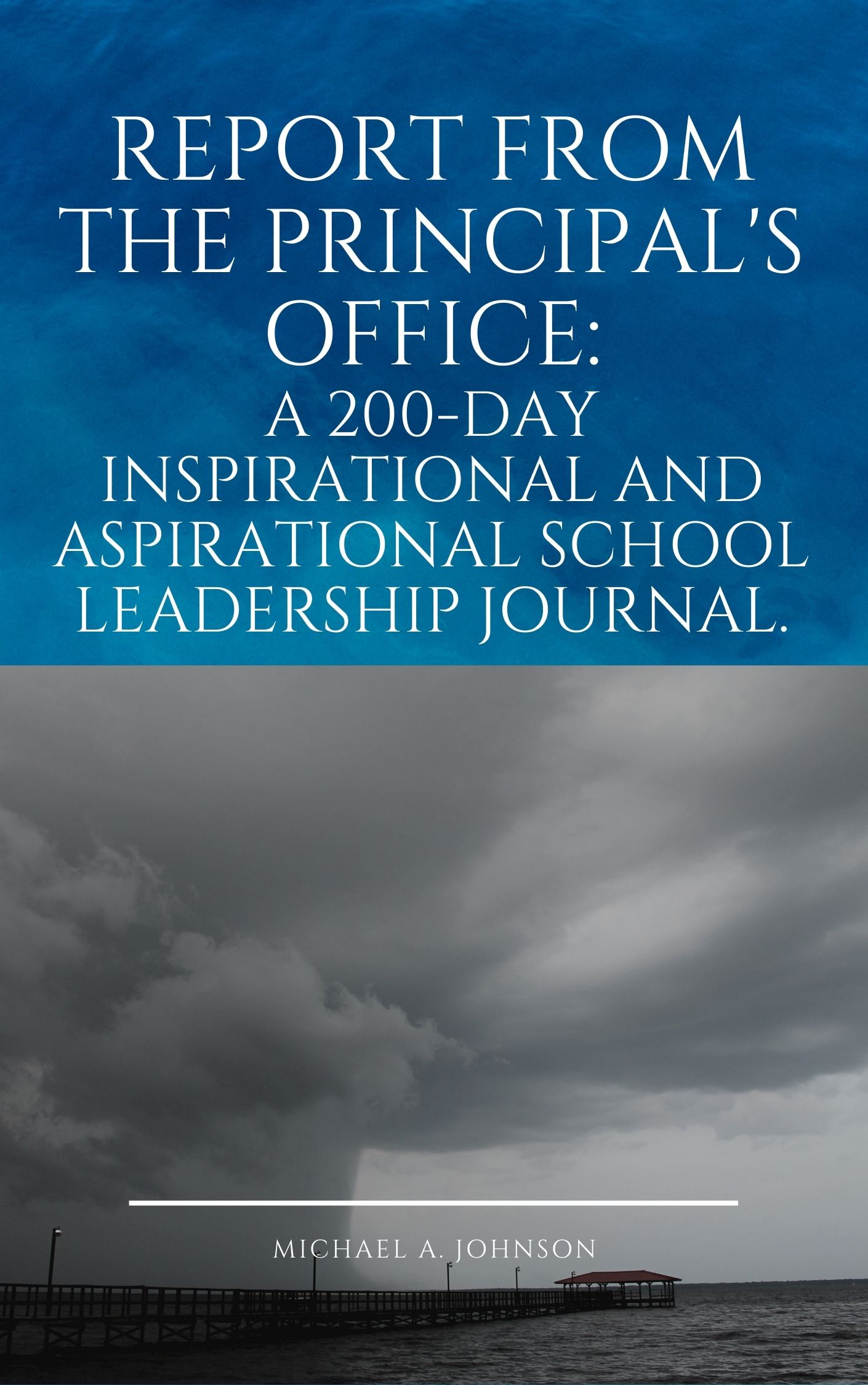School Administrators can’t ignore any ‘outside-of-school’ caused emotional crisis that could inflict traumatizing pain and suffering on one, some, or all of their school building family members (SFMs), that is, students, staff and parents, and the plan must go beyond the baseline response of only asking folks “Are you ok?” Because we know that, particularly middle and high school students that they could very likely say “Yes” when the answer is really a serious “No,” especially male students. As much as we may correctly try as school-based leaders to shield our SFMs from the “horrible noise” occurring outside of the school building, the truth is that we can’t completely. This means, just like we must address any ‘disturbing stuff’ that students and staff members will bring to school, for example, parents facing a personal or family crisis at home will perhaps unknowingly and unintendedly send that traumatic story to the school, most likely via the child’s personal ‘emotional backpack.’
For Wednesday morning (and possibly for the days following), principals should have a “worst case scenario” student and staff counseling and consoling plan. As both a Title-1 principal and superintendent of a Title-1 school district, I had a high number of:
• Latino (all countries) students.
• Puerto Rican-American students.
• Haitian-American students.
• Any students, parents, or staff members who may feel traumatized (disenfranchised or marginalized) by the 2024 election results.
• Muslim-American (US-based and outside of the US) students.
• Caribbean and those students born in an African country.
• Students who themselves, their parents, other family members, or neighbors are undocumented immigrants.
If I were presently in either the principalship or the superintendency, I would (once I noticed the ‘tone’ of this election cycle) think long and deep about a practical ‘after election’ plan for initiating a checking-up on and checking-in with my most emotionally vulnerable SFMs. The most basic outline of a grief counseling and consoling plan’s first act would be to meet students as they enter the building on Wednesday morning, carefully noting their body language (e.g., their facial expressions) and verbal language (when they return your greeting). Follow this up by engaging in a ‘walking around’ leadership investigation of observing and inquiring how the staff members, from the cafeteria aides to the custodians, are doing—leave no staff member overlooked! If (not always true, unfortunately) you have a guidance counselor(s), and further, if you are fortunate to have a school psychologist like I had; then you should already as part of your school (the necessary emotional not just physical section) safety plan, have school-wide grief counseling plan, then be prepared to roll it out. And since as a principal (especially Title-1) on any day of the school year, you won’t have enough grief or otherwise counselors. You should have, (and if not do it now) a ‘special skills,’ ‘talents,’ and ‘abilities’ staff organization sheet. In this or a similar case the organization list would show those staff members who although they are not licensed guidance counselor, but in an acute emergency, they do have that special talent of being able to serve as unofficial advisors and counselors for students and their fellow staff colleagues. Have a quick Wednesday morning stand-up meeting with them letting them know they you may need to call on them to help the authorized guidance team to keep the school free of emotional pain and drama. I mention the word “drama” because as we know from our studies of adolescent developmental psychology, and from our own professional experience, that students who are afraid, hurting, or experiencing a great loss, will often respond to those feelings in the worse not-helping-them-to-heal incorrect behavioral ways, with either their student peers or staff-members.
Take special note of middle and high school students who could, upon hearing a staff person improperly say something ‘discomforting’ about the results of the election, could cause some students to act-out in a most unproductive way. Pedagogically, the school should use the election results as a clarifying, calming and educative opportunity to provide students a lesson in civility and civics.
Having Supervision, means that as a school leader your job, as I told principals as a superintendent, your unwritten but absolutely necessary job description is to have a Supervisionary understanding of what could happen, given the arrival of certain incendiary catalytic conditions. Any average leader can follow a script of response actions to a terrible incident, but having highly effectual Supervisionary skills means that you are able to get in front of, mitigate and/or eliminate any deleterious incident before it shows up!




